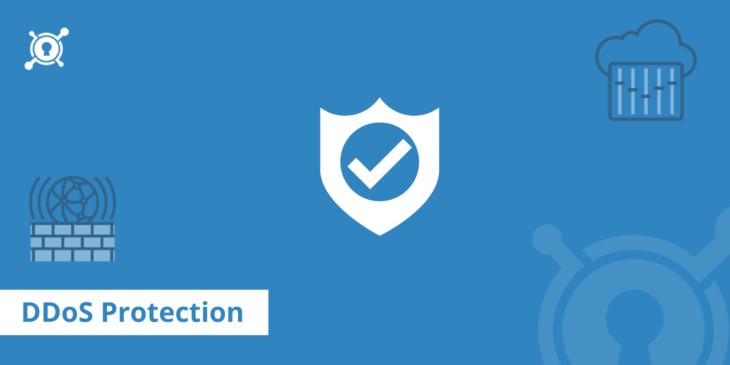Big Data: A Foolproof Solution for DDoS Attacks

Why Are the Traditional Systems Prone to DDoS Attacks?
Let’s first look at why the traditional systems are more prone to the DDoS attacks.
- Flow: The traditional systems employ a handful of systems to scan network traffic. With the growing need, it is difficult to have everything through these efficiently and the system might not handle threats effectively. This results in creation of summaries and reports that are not very useful and make the systems prone to a DDoS attack.
- Inaccuracy: The traditional systems are ineffective in detecting and alerting because of the volume of the files that are processed. As a result, the alerts are often inaccurate and the processing time is so long that the systems become slow and the work gets affected. People often prefer not scanning because of the speed issues.
- Outdated Protection Systems: The traditional DDoS protection systems are not as frequently updated as the big data systems. This has caused the systems to be more vulnerable. The attackers are growing smart and innovative whereas the protection systems are not getting smarter as frequently.
If you want to outgrow these attacks and migrate to a smart solution, then opt for big data and contact a big data consulting company for additional details.
How Can Big Data Help Overcome the Challenges of the Traditional Systems and Curb DDoS Attacks?
Big data technologies are efficient in overcoming the challenges because of the core architecture. Let’s look at the benefits of big data in eliminating the DDoS attacks.
- Parameters: In big data technologies, you can easily set the baselines for detecting the issues. You can set different thresholds for different data sets or you can also have different levels of set-ups for identifying threats and fixing them depending on the intensity.
- Storage: Big data technologies have no space crunch and therefore, these provide ample of space for storing data and the analysis at the same time. The traditional systems only had the provision of storing summaries because of lack of space and therefore, if the analysis were inaccurate, there was no way of checking with the raw data. The storage capacity allows in-depth analysis from the source data rather than relying on the analysis.
The crux is that DDoS attacks can actually be prevented using big data technologies which can be easily availed of by contacting a big data consulting company. While traditional systems have some benefits, the big data offerings come with greater advantages and benefits that are long-term and more advanced in terms of analytics and other features like storage, retrieval, security, etc. Choosing the right technology that suits your requirement can take you a long way in your business and save you from threats like DDoS.
This post is written by Ethan Millar who is a professional blogger and technical writer at Aegis Softtech. Aegis is a well-known name as a big data consulting company. Ethan can writes especially for Big Data and Hadoop.

























